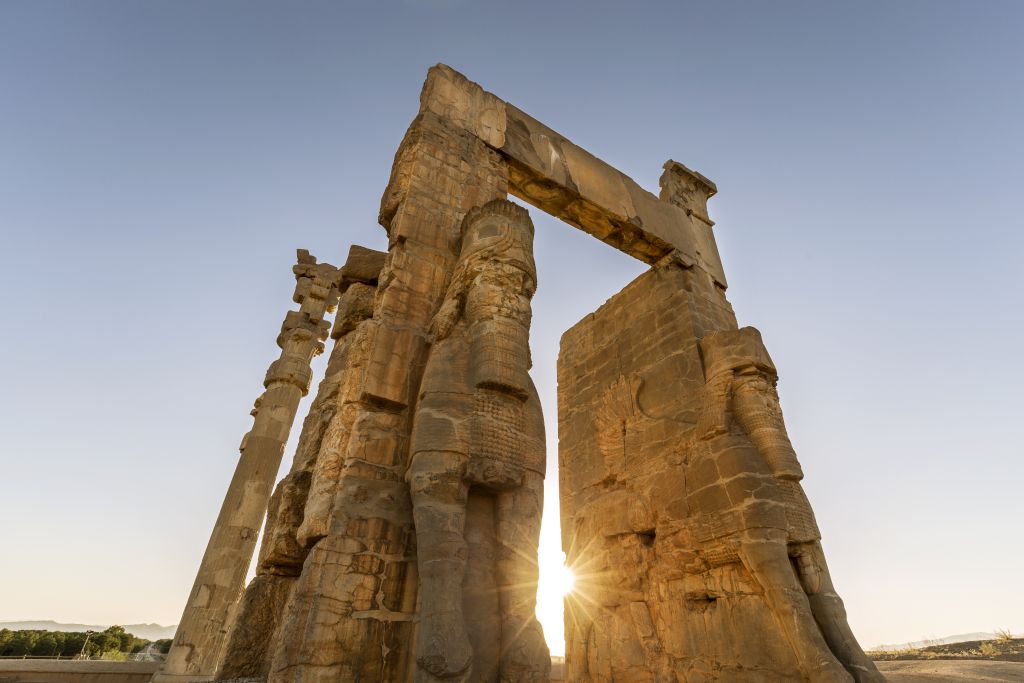As I remarked in a recent post of mine, the name of Ion (probably ‘Jon,’ voiced as /ˈjon/, in an early form) after whom the (western) Ionians(1) (or more properly Iones, spelt as ‘Ιόνες’ with an ‘o’ in Hellenic) were named, namely the former Aegialian Pelasgians, is Semitic out of the root ‘Ιo-‘ (‘Yoḥ-‘)* bearing the sense of ‘Lord, Master.’
The very same (linguistic) stem at the beginning actually appears in some significant other Semitic ancient names such as Johan(n)an (‘Yōḥānān’) which is rendered into well-known ‘western’ equivalents like Ιωάννης (Ioannis), Giovanni, John, Johan(n) and Johannes among others.
The name breaks down as ‘Yο-ḥa’nan’ (in some Semitic/Hebrew dialects stressed as ‘Yο-‘ḥanan’ instead) that conveys ‘The Lord/Master (‘Yoḥ-‘) is merciful (‘-ḥa’nan’), where the first component (alternatively and ‘Yeḥ-’) shapes a short form of Semitic god Yahweh (or Yehovah).
All the same, the name appears earlier also as ‘Yeho-cha’nan’ ή ‘Yo-cha’nan’ where ‘cha-‘nan’ (‘k(h)a-`nan’) can also translate as ‘rules, reigns, prevails’ from the verb ‘k(h)ana’ that bears the sense of ‘prevail, rule, conquer’ towards the effect of ‘Yoḥ (Master, Lord) rules/reigns/prevails’ in my view.
Yahweh (maybe also Yohweh) or Yehovah (Jehovah in English) was a warlike and weather god that Israelites and Judeans adopted into their polytheistic system through the Bedouins around the 14th century BC and later ‘merged’ with their chief god El around the 10th or 9th century BC before his nature prevailed as their only god from 6th century BC on.
And as you may have gathered, Yahweh or Yehovah is none other than the god we all know as… ‘God’ in the Christian religion, where the latter is nothing else than an epithet of his (just as ‘Lord’ as well). Quite likely, though, his name may effectively be simply ‘Yoḥ’ or/and ‘Yeḥ’ with Yahweh or Yehovah shaping an ‘extension’ in the sense of ‘The Lord exists.’
There has got to be noted that the name Canaan (Latin), Καναάν (Hellenic) or Χαναάν (Koine/Common/Greek), among several variations, has got the same root as the second component (‘-chanan’) and very likely renders ‘occupied/our land’ or ‘lowlands’ (low-lying lands/county).
From the above mentioned, there ensues that given the ‘short’ sound of ‘o’ that the Greek variation Ιωάννης (just as its female form of Ιωάννα) is erroneously spelt with an ‘ω’ and should normally be rendered with an ‘ο’ instead as Ιο-άννης (and Ιο-άννα respectively), a form that exists.
Finally, the same stem ‘Yoḥ-‘ or ‘Yeḥ-‘ appears also in the appellation Yo-shua or Ye-shua (Yeshu/Yešu, voiced with a palatal ‘s,’ in Aramaic) which is nothing else than the (Biblical) Semitic name of Jesus carrying the sense of ‘The Lord (Yoḥ/Yeḥ) saves’ regarding god Yahweh.
************************************************************************************************
(1) The eastern Ionians (or more properly Iunes, spelt as ‘Ιώνες’ with an ‘ω’ in Hellenic) were a different peoples, ultimately originating all from Athens.


